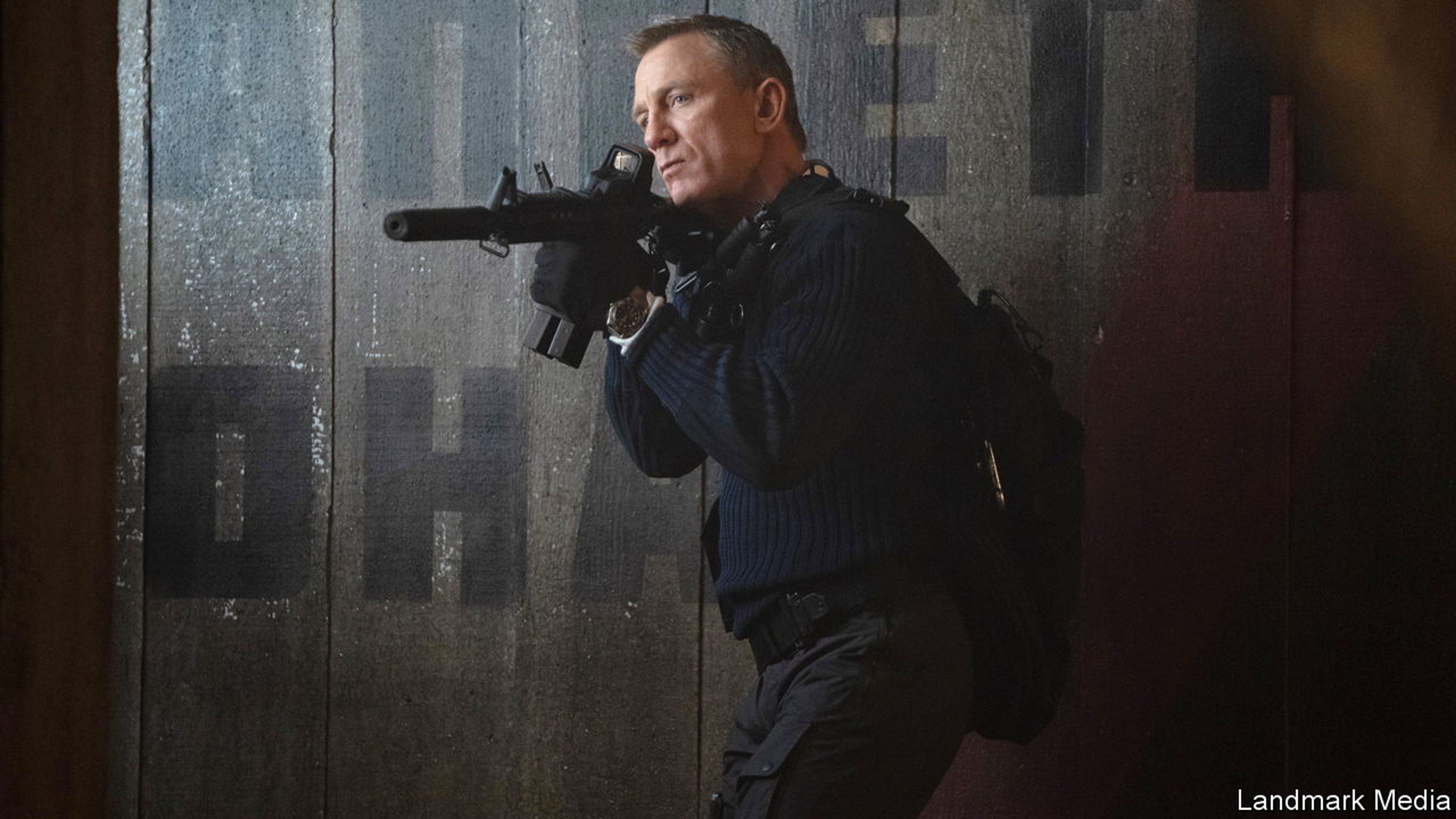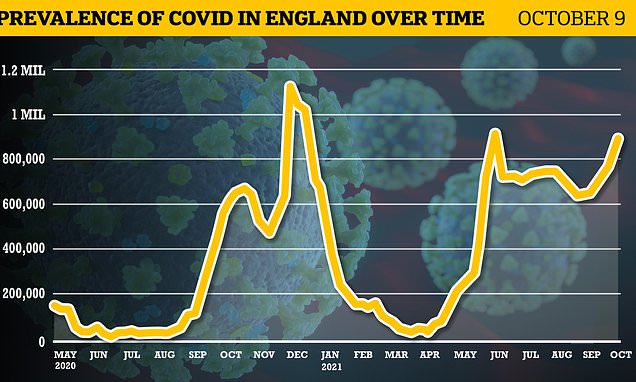 Funny business, the suspension of disbelief.Some disbeliefs are more suspendable than others.In six decades on screen, James Bond has been played by seven actors.He has barely aged.He has hopscotched on the backs of crocodiles, surfed a tsunami and enjoyed a run of enemies who, after capturing him, go in for windy pontification and needlessly elaborate murder methods.These violations of the laws of probability and physics have not disenchanted his fans.But faith, it seems, has limits.
Funny business, the suspension of disbelief.Some disbeliefs are more suspendable than others.In six decades on screen, James Bond has been played by seven actors.He has barely aged.He has hopscotched on the backs of crocodiles, surfed a tsunami and enjoyed a run of enemies who, after capturing him, go in for windy pontification and needlessly elaborate murder methods.These violations of the laws of probability and physics have not disenchanted his fans.But faith, it seems, has limits.
The idea that, after Daniel Craig’s swansong in “No Time To Die”, the role might go to a black or female actor has caused outrage in the Bondosphere.
No, Mr Bond, runs the gist of the objections; we expect you to be a white guy.“A character is created”, wrote the structuralist critic Roland Barthes, when a set of references “traverse the same proper name several times and appear to settle upon it”.
For the Bond of cinema, the references have come to include car chases, gadgets, villains’ lairs, badinage with Moneypenny, the swooning, spot-lit theme-tune and those finickity martinis.Also an underdog derring-do and deadpan irony that are identifiably British.And, so far, the features of a white male actor.For some, even Mr Craig’s haunted, bouncer-with-a-heart interpretation has been too great a departure from the coolness of his predecessors.(No, Mr Bond; we don’t expect you to cry.) Yet an undercurrent of self-satire has always trickled beneath Bond’s suave surface, bursting out eventually as a critique of his boozing, bloodlust and promiscuity.
As long ago as “GoldenEye” (1995), Judy Dench, as the spymaster M, denounced Pierce Brosnan’s Bond as “a sexist, misogynist dinosaur” and “a relic of the cold war”.His vulnerabilities in “No Time To Die”, such as losing his 007 codename to a female agent—then recovering it, like Ronaldo reclaiming his shirt number at Manchester United—are only an extension of this trend.Go further back, to Bond’s first entrance in “Casino Royale”, Ian Fleming’s novel of 1953, and the character is only dimly recognisable.The original Bond was an appalling misogynist, and not just compared with Mr Craig’s.“Women were for recreation,” Fleming’s protagonist thinks.“On a job, they got in the way and fogged things up with sex and hurt feelings.” Conversely, whereas the Bond of “No Time To Die” blithely kills hundreds of people, the original is oddly passive.
Most of the violence in the book is perpetrated against his testicles, which Le Chiffre, the baddie, thrashes with a carpet-beater.The man himself spends a lot of time planning what to eat and drink.Fleming didn’t conceive of him as the action hero he would become.
No, he expected Bond to dine.
Among the Bond stories’ only consistent features, in fact, are a certain ennui—he has been looking for a way out ever since he arrived—as well as change, and the fear of change.“The world’s moved on,” Bond is warned in the new film.“History is moving pretty quickly these days,” he laments in the novel, “and the heroes and villains keep on changing parts”.On screen, change has meant new adversaries to suit the times (while avoiding offence in major markets), intrusive product-placement and perpetually updated cultural allusions.In “No Time To Die” the gallows humour of Bond and Felix Leiter, his CIA foil, recalls Butch and Sundance; other scenes bring to mind Hannibal Lecter, “Titanic” and the bit in “Free Willy 2” when the whales escape by swimming under burning oil.In the finale, Bond faces his fate armed with a little girl’s soft toy.He is himself a kind of consoling mascot, cherished by devotees from childhood into adult life; messing with him is bound to shake and stir.
All the same, resistance to a female or non-white star is premised on a mistake—not about the culture wars but about the kind of character 007 is.Bond is not like Atticus Finch or Don Draper; he does not have a psychological essence or inviolable core.He is more like the recurring archetypes in medieval morality plays or the commedia dell’arte—a set of references that migrate between stories and eras, shifting and sometimes expendable, unmoored from both their source material and previous incarnations.
Bond is less a person than an outline.A bit like loutish hen parties, a female 007 machine-gunning her way around Instagrammable locations might be a dubious sort of advance for feminism.But there is no intrinsic reason why gender—or ethnicity—should be a deal-breaker in casting the next one.In the end, Bond is not just a number.He is a free man.Or woman.■.
